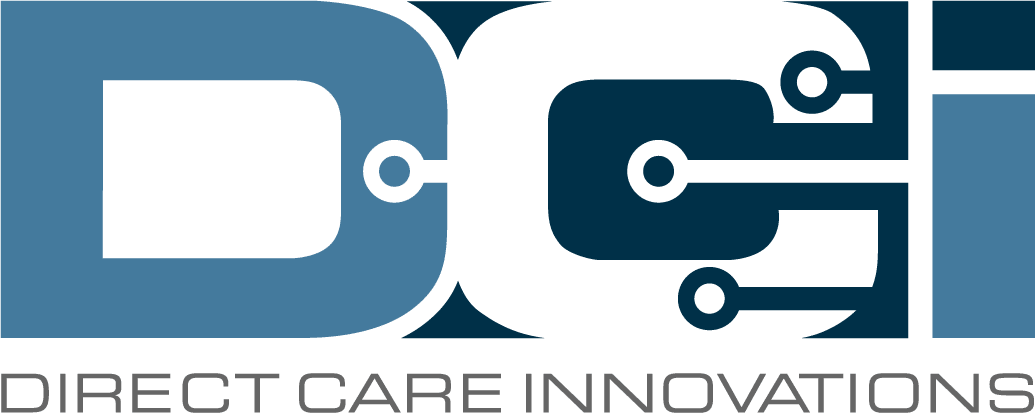How Self-Direction Services Have Changed in Recent Years
Direct Care Innovations specializes in collaborating nationwide with self-directed agencies, also known as consumer-directed agencies. As part of a broader spectrum of long-term services aiding aging adults, individuals with physical disabilities, and those with intellectual and developmental disabilities (I/DD), self-direction services have witnessed substantial growth in recent years. The National Inventory of Self-Directed Long-Term Services & Supports (LTSS) has recently concluded an exhaustive review of state- and federally-funded self-direction programs across the United States. This comprehensive report encompasses crucial insights into the demographics served, funding streams, and emerging trends shaping the methodology and structure of self-direction services.
The insights garnered from this report hold immense value for Direct Care Innovations and the sector at large, as they shed light on ways to enhance consumer-directed long-term services and supports for participants and their employees. Let’s delve into some key discoveries unearthed by the 2023 Inventory.

Increased Use of Self-Direction Services
The most recent National Inventory of Self-Directed LTSS before 2023 was conducted in 2019. Since then, the number of self-directed individuals has increased by 23%. While that is a significant data point, it’s important to recognize that the enrollment of consumer-directed individuals has more than doubled since 2011, when the first Inventory was published. In 2023, 1,520,267 individuals were self-directing compared to 739,711 people enrolled in self-direction services in 2011. It’s also interesting to note that most states have seen a long-term increase in consumer-directed individuals, while only seven states have reported a decrease.
Self-Direction Funding Sources
The Medicaid 1915(c) waiver is the most common funding source for self-directed participants. This waiver allows states to furnish various home and community-based services (HCBS) for Medicaid beneficiaries to help prevent institutionalization and will enable them to remain in their local communities. In addition to the 1915(c) waiver, states are increasingly using other state plan funding options, such as Medicaid 1915(k), which provides federal matching payments for state services, and Medicaid 1915(i), which allows for a variety of HCBS state benefits for eligible individuals.
Other significant findings include:
- The most common funding source for consumer-direction is the 1915(c) waiver with 90% of states using it.
- There was an increase in the usage of the 1915(k) option from 14% in 2019 to 16% in 2023.
- The 1915(i) option also grew from 4% in 2019 to 8% in 2023.
Populations That Use Medicaid to Fund Consumer-Direction
Adults over age 65, individuals living with physical disabilities, and individuals living with I/DDs use the above funding sources for their self-direction services. 92% of states provide consumer-directed programs for adults with I/DDs, and several others offer self-direction options for aging adults and individuals living with physical, intellectual, and developmental disabilities. Self-direction services are not as commonly available for other populations needing valuable support, such as transportation or respite care. While consumer direction is widely available for many eligible individuals, high enrollment rates are not a guaranteed outcome. If this trend continues, further advocacy is necessary to provide equitable access to self-direction programs.
We Specialize in Self-Directed Business Management Solutions
Our goal at DCI is to provide a user-friendly system that can help streamline your direct care business systems. Whether you are a Consumer-Directed Agency, Managed Care Organization, or Medicaid/Medicare Agency, we offer a flexible and configurable program that includes EVV Data Integration, Training & Compliance software, Billing/Claims management software, and several other modules and features. Contact us to learn more by calling (480) 295-3307 or request a sales demo today.
Source: Murray, Kate; Morris, Molly; Edwards-Orr, Merle, Applied Self-Direction; Sciegaj, Mark, The Pennsylvania State University; Flinn, Brendan, AARP Public Policy Institute. National Inventory of Self-Directed Long-Term Services and Supports Programs For the 2023 AARP LTSS State Scorecard, 01 Feb. 2024. Web. 30 Apr. 2024.

